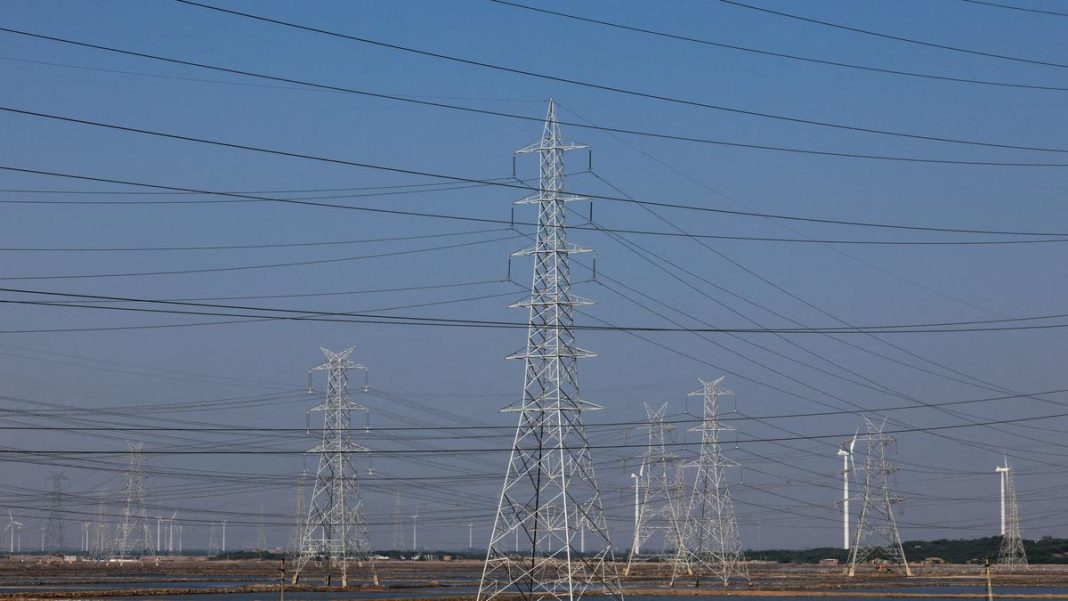Key Takeaways
- India’s federal power ministry has proposed a nationwide opening of the retail electricity market to private companies.
- The draft bill, revealed on October 10, 2025, aims to end the dominance of state-run power distributors.
- This move could allow major private players like Adani and Tata Power to expand their presence across the country.
India is set to overhaul its power sector with a new draft bill proposing to open the national retail electricity market to private companies. The move would break the long-standing monopoly of state-run distributors in most regions.
The proposal, unveiled by the federal power ministry on October 10, 2025, marks a significant shift in India’s energy policy. It paves the way for private firms such as , , Torrent Power, and CESC to expand their operations nationwide.
Overcoming Past Hurdles
A similar attempt to privatize the sector in 2022 faced strong opposition from state distribution companies. Currently, only a few regions—including the national capital, Odisha, and industrial states like Maharashtra and Gujarat—have privatized distribution zones, as existing rules do not specifically permit it elsewhere.
The vast majority of India’s power distribution remains under state control, with many utilities struggling under significant financial losses. The central government has been actively pushing these state-run entities to reduce losses, clean up their balance sheets, and modernize aging infrastructure.
Addressing a Liquidity Crisis
The urgency for reform is underscored by a severe liquidity crunch. As of June 2025, state power utilities owed approximately $6.78 billion to power generators, according to a September report from the Institute for Energy Economics and Financial Analysis. This debt has stifled credit flows to the entire sector, impacting independent power producers.
In a recent move, Uttar Pradesh, India’s most populous state, invited bids to privatize two of its four power distribution companies. The new draft proposal goes a step further by seeking to allow multiple private players to operate in the same area—a provision not currently available under the existing Electricity Act.




